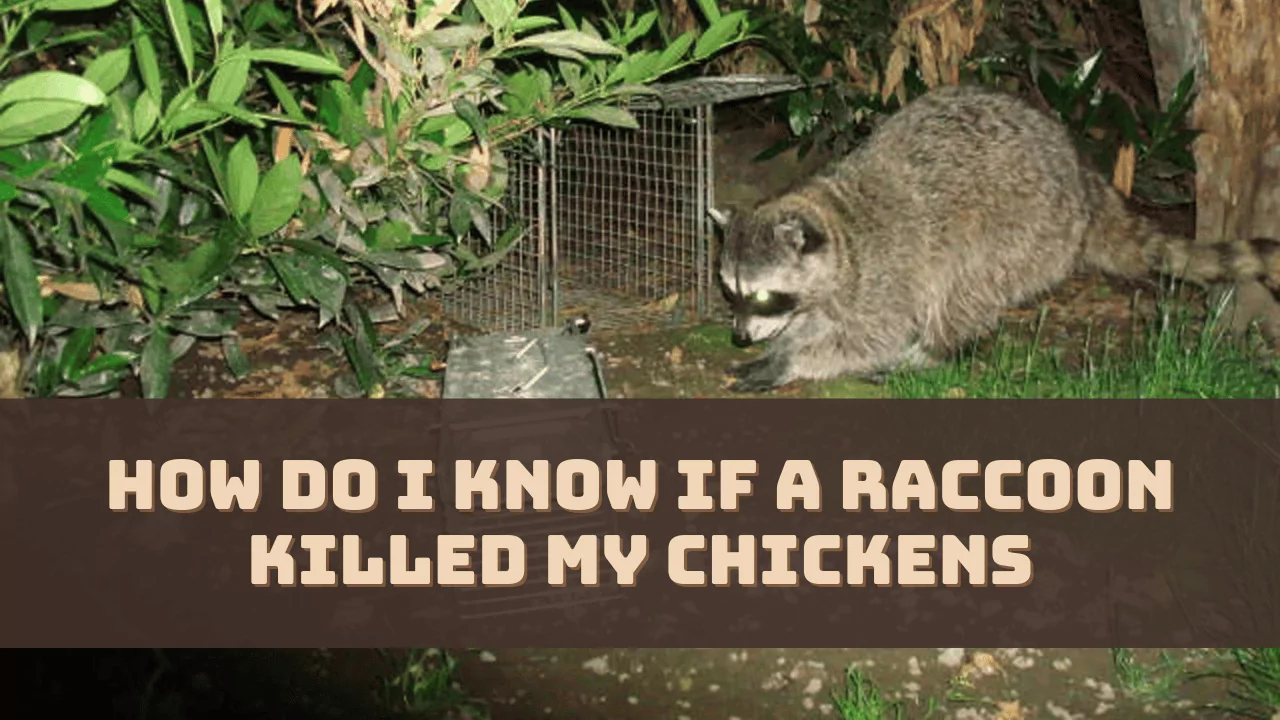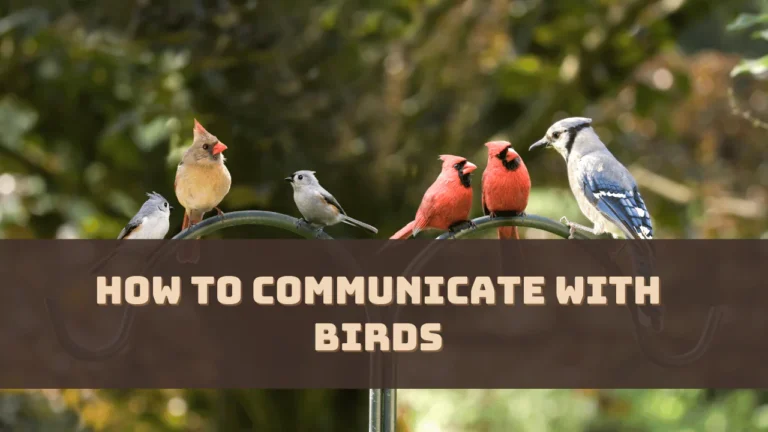Raccoons are opportunist hunters and prey on chicken flocks. They are also quite smart creatures so if you want to protect the birds from these 20-pound animals, you must install a strong fence with a complex locking system. The wire meshed should be secured and the feed protected or under strict supervision. Do not leave the garbage bin unattended and lock up the birds during the night.
If you find your chickens are being killed, then let’s get to the details to detect whether it was a raccoon behind the kill.
Where are Raccoons Usually found?
Raccoons are found in areas with a lot of trees and they build their den close to water and places where free food is available. They can even venture into rural or urban zones, in search of food. You can also find them in tree holes and rock crevices where they can have their babies during the spring. Most importantly, if they do not find anything suitable, they make use of the things that are available around them. They can even live in the burrows made and left by other animals or in the attics if they are city dwellers.
What do Raccoons Eat?
Raccoons are omnivores and they are also excellent hunters of water-based food, so they depend on crayfish, chickens, frogs, and whatever they can find to devour. Depending on the season, they switch to fruits and nuts during autumn and they enjoy insects, worms, and rodents during winter. They are also attracted to garbage bins and insecure food containers.
3 Ways to Track a Raccoon Nearby
Here are a few easy ways you can identify the suspect of the chicken kill.
1. Try to Listen to Raccoon Sound
You need to understand whether any raccoon is nearby by listening to their call. These creatures are known to be the most vocal predators. If you hear a high-pitched chattering noise, particularly from dusk, which is their hunting hours, then it is quite definite that a raccoon is waiting nearby. You might also hear a low-pitched growling which identifies that a raccoon is about to hunt its prey.
2. Check Raccoon Tracks
Raccoons walk on their whole paw, so when you look at the prints, they look like five long digits with claws at the end. They can hold and open locks using their dexterous fingers and also they have a separate thumb. They also have the same tracks for their back and front foot. Their digits prove to be deadly for the chickens as they are razor-sharp. They can also use other objects to catch their prey as their hands are quite sensitive and just by touching any object, they can identify them.
3. Lookout for the Scat
You can also look for raccoon dropping to identify whether they are nearby and responsible for killing the chickens. Their droops are about 3/4″ in diameter, blunt at both ends, and 2- 3 inches long. Raccoon poop is considered to be dangerous for not only chickens but also for humans as these contain roundworms. Thus, you need to clean these raccoon scat areas immediately after spotting them, so that neither you nor the chickens can fall sick.
Precautions to Maintain When a Raccoon Track Found Nearby
Prevention is better than cure so you need to prevent entry and avoid attracting them to save the chickens from getting killed. Here are certain points that you must remember:
- Raccoons are attracted to chicken flocks and once they identify a chicken coop they remember that, so try to build protective fences and secure them.
- They might be lazy but attracted to tasty meals. They reach out for the nesting boxes where eggs are left and insecure containers, so collect the eggs regularly.
- They have a very strong sense of smell and can track food and chickens from a long distance, so you can use scented oil or fragrance spray around the coop to distract them.
- Raccoons can open locks in minutes due to their dexterous hand, so you need to use a complex locking system which would be difficult for them to decode.
- If you want to build a chicken coop, then you cannot keep raccoons as pets. Also, check if any of your neighbors have them as pets. According to wildlife experts, raccoons are not domestic animals so they should not be kept as pets, talk to your neighboring raccoon owner about it.
How to Prevent Attracting Raccoons?
To prevent attracting raccoons, you can try these solutions:
- Use galvanized storage bins that have a tightly fitted lid, so that the raccoon cannot open it.
- Do not opt for an open feeder for the chickens.
- If you have a birth feeder installed, bring it in after dusk.
- Collect the eggs regularly and when the hens are on their peak laying season, you might have to collect the eggs twice.
- If you have a fishpond, then cover it well and keep it netted.
- Protect the storage area where you keep the chicken feed.
- If you catch any raccoons, then relocate them using live traps or inform the wildlife officials to help you out.
How to Secure the Entry to Protect the Chickens?
Here are the strategies that you must install to secure the entry points:
- Chicken wire is not enough to prevent the raccoons from breaking in, so you have to build strong chain-link fences that cannot be damaged by the raccoons.
- Install CCTV cameras to detect the presence of the raccoons nearby.
- Add an L-shaped panel fitted to the bottom of the fence and bury it below the ground, which should be a few inches deep, so that raccoons cannot dig in.
- Use strong padlocks that can only be opened using a key or a code.
- Use motion detection light so that raccoons can be easily detected and based on that steps can be taken.
- Protect your house, and secure specifically attics, barns, crawling spaces, porches, and underneath decks.
What Disease Does Raccoon Spread?
Raccoon poop contains roundworms which can turn out to be infectious for the chicken flocks if any of your chickens nibble on it. They also carry rabies virus and these are transmissible to humans.




